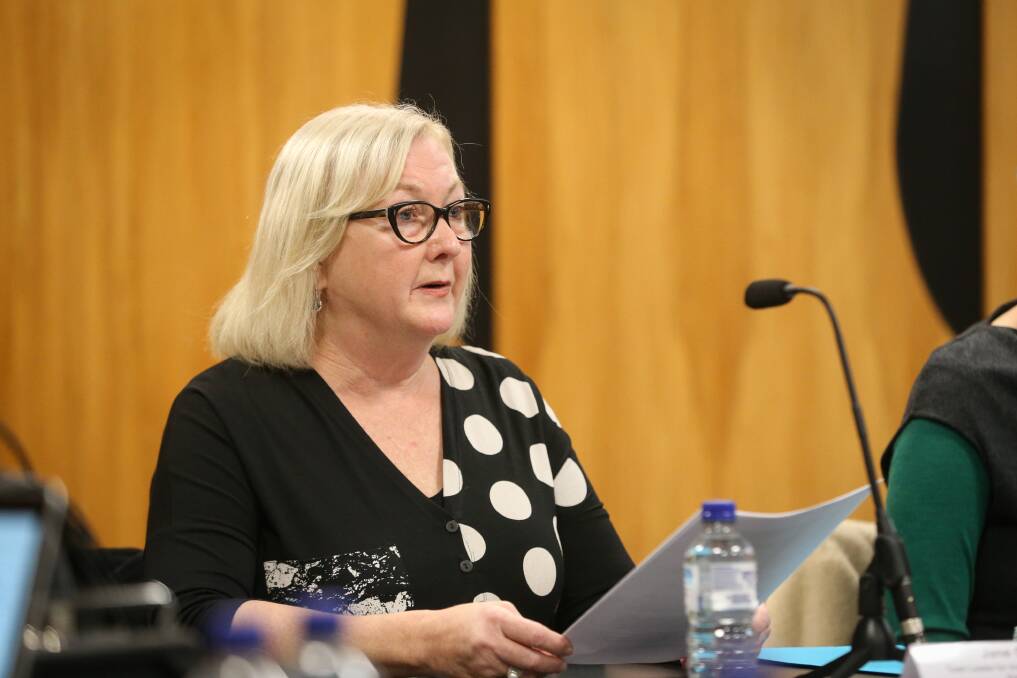
Victoria's justice system has been characterised as a "metro-centric" one which gives more weight to offenders' rights than victims'.
Subscribe now for unlimited access.
or signup to continue reading
The Legal and Social Issues Committee held the first hearing for its inquiry into the system at Wangaratta's Performing Arts and Convention Centre.
A North East victim of crime having to travel to Geelong for their case and victims coming to their third case adjournment, saying 'I just can't do this anymore' were anecdotes given by Merri Health, which runs a victims assistance program.
Team leader Jane O'Neill told MPs there was an "imperative need" for more court circuits and cases took too long to finalise.
"I do not understand how a system can cause that type of turmoil for a victim of crime," she said of re-traumatisation through court delays.
"We know they are set up to attend a trial ... the need to have this finalised is so strong and powerful (and) we can see these clients just go from circuit to circuit, being adjourned.
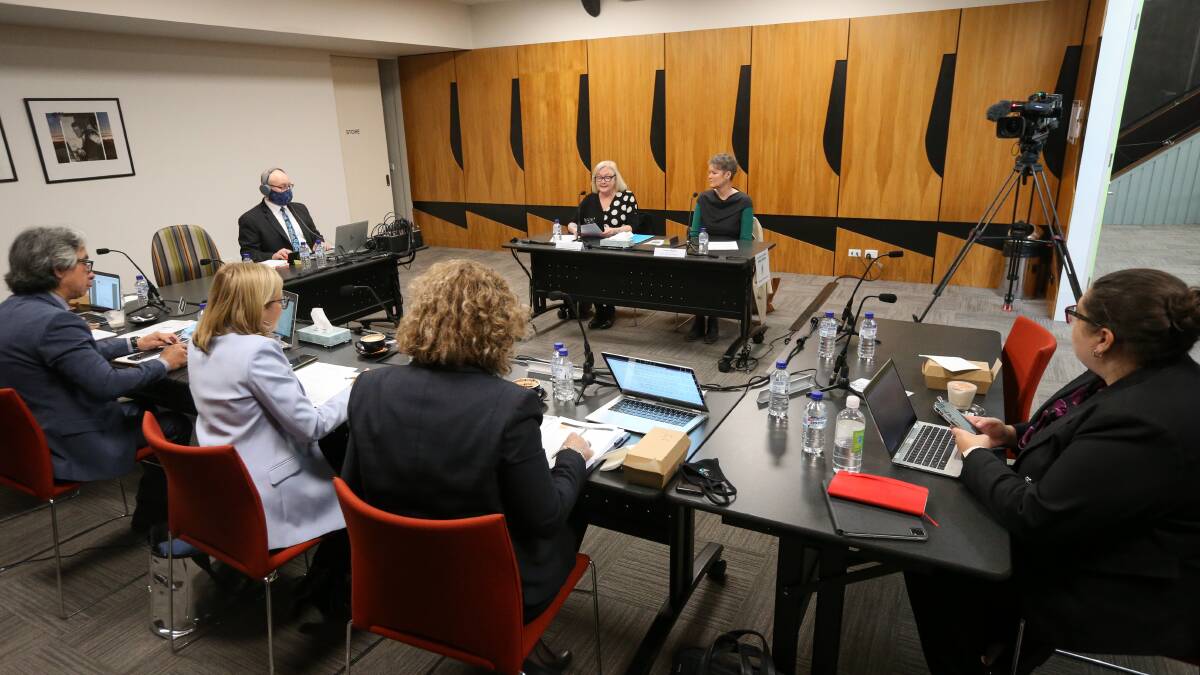
"It just puts people through the wringer and it's not OK.
"I understand that it takes time for Defence and for prosecutions to prepare their case, but I don't understand why once a committal hearing for instance has been heard, why it can take years for a trial to go ahead."
Timeframes for court matters, which have become "crushing" during COVID-19, trauma-informed practice, and victim impact statements were raised by Merri Health.
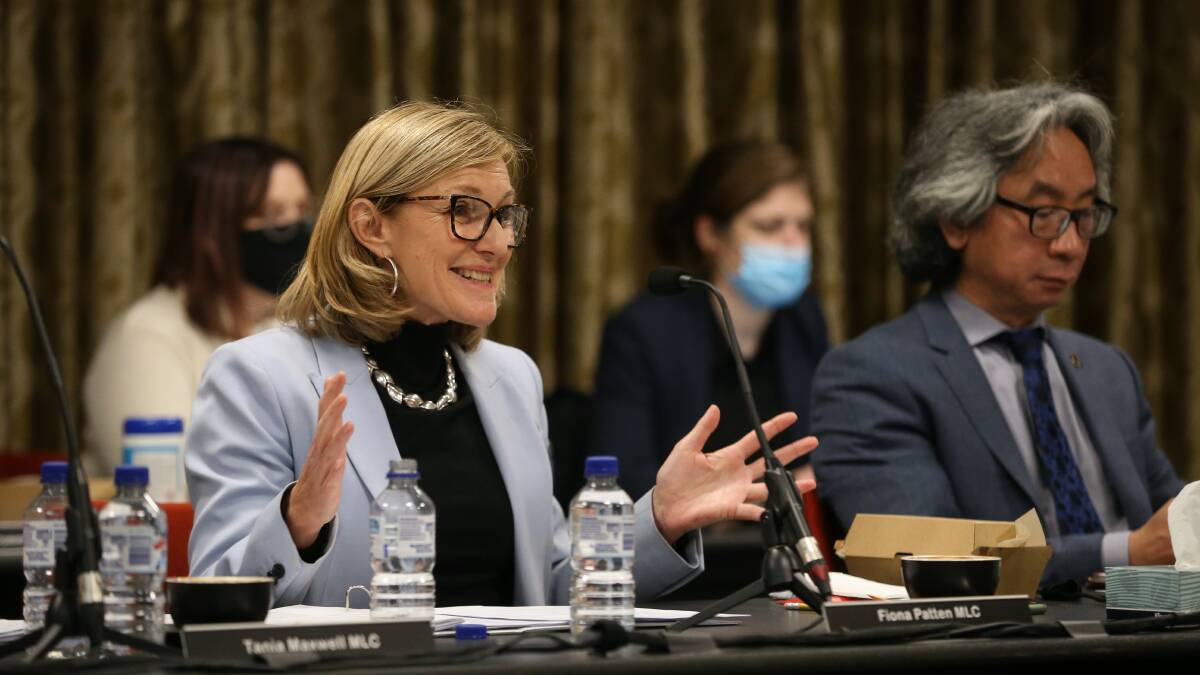
"A client said, 'Even if they had just read out my mum's statement, that would have helped - the judge said she read it in her private time, but how do I know she did that?' This is a sister of a deceased victim," Ms O'Neill said.
"We've seen many times, particularly in the Magistrate's Court, when victims are not afforded this opportunity (of giving a victim impact statement) due to the criminal hearing and sentencing progressing on the same day.
"Victims have then lost their only opportunity to speak about their experiences of the crime.
"One current matter involving the sexual assault of a young person under the age of 18 years, has just had a guilty plea submitted by the offender.
"The committal hearing was held in 2018 ... this matter is not expected to finalise until May 2021.
"This is a very long time in a young person's life.
"We need to get the system working faster.
"It is extremely important that all practitioners working within the justice system, from police to magistrates, have appropriate training, knowledge and expertise."
The issue of "magistrate shopping" was raised by Wangaratta MP Tania Maxwell, and while Ms O'Neill had no personal experience of that, she said some judges did not intervene in cross examinations when needed to prevent re-traumatisation.
"There are other judges and magistrates who do that very well and are protective of the people giving evidence," she added.
Five MPs were also told of the barriers offenders face, including a high rate of "hidden" learning disabilities and low rates of education.
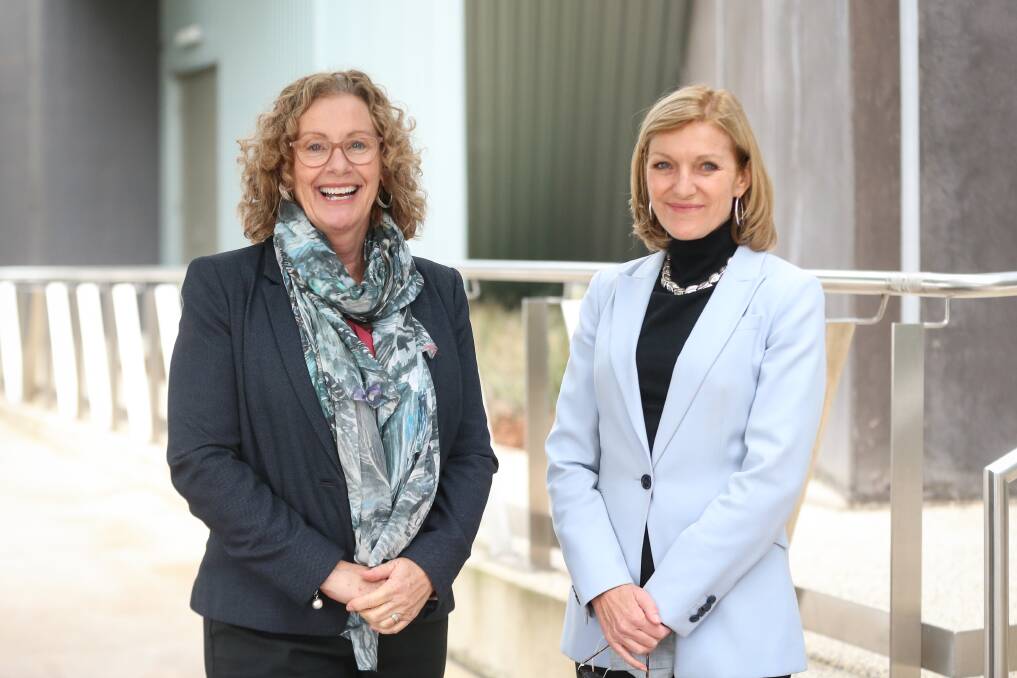
Centre for Continuing Education chief executive Kerri Barnes said offenders coming out of prison were among society's most vulnerable populations.
"Shame, guilt, abandonment, trauma ... those kinds of things, a person might carry," she said.
"Along with all of that we might see extended periods of absence in school from a traumatic home environment when they were younger."
Fifty per cent of offenders who go through a Hume region program run by the Wangaratta centre were medicated in childhood for ADHD.
This shows the important of early intervention, Finding Strengths program manager Felicity Williams said.
Deputy chair Tien Kieu asked Ms Williams what the education system could do to prevent crime and subsequently, recidivism.
"One of the things that really concerns me about children in our school system, and particularly in regional areas, is to get a clinical assessment is extremely difficult because there's not many clinicians," Ms Williams replied.
"And to get a proper clinical assessment costs everything from $3000 upwards, so you have low socioeconomic families for whom that is absolutely out of their reach.
"My dream would be for (there to be) people in schools who understand these conditions and can actually advocate for these children with their teachers."
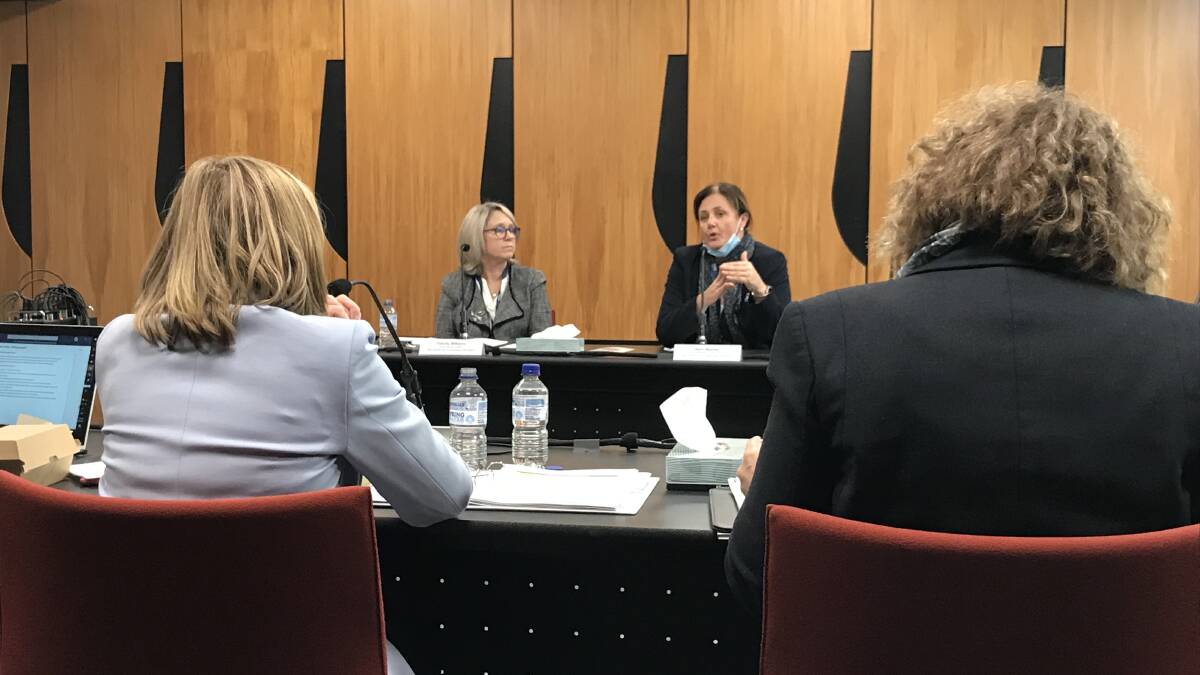
Justice Party MP Tania Maxwell, whose motion in Parliament led to the inquiry being established, said it was important the first hearing was held in her city.
IN OTHER NEWS:
"Week after week, we hear of how our justice system is not working, so don't sit back and be an armchair critic - I encourage people to come forward and tell their story."
Ovens Valley MP Tim McCurdy was present to listen to the first two witnesses.


